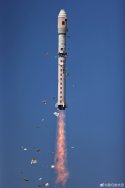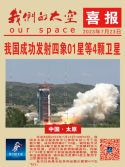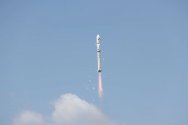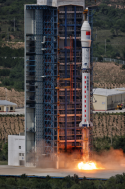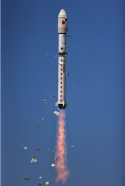Can we talk about China's private rocket companies? How fast do you think they will scale up? How soon can they achieve resuability? How soon can they get a heavy lift or super heavy rocket? Will any of them try to develop a Starship class fully resuable rocket or will they stick with Falcon 9/heavy clones for the foreseeable future? How many of them will try to human rate their rockets? Will they be allowed to launch people into the Tiangong space station? Will they attempt to develop other space hardware like spacesuits, space stations or crewed vessels?
Is there any company doing something truly innovative that no one else is working on? Also which of almost dozen companies will survive? How much of a market space is there in the chinese launch market? How much of the global launch market can they get, will European customers ever want to use a private chinese company for launch? Will they to launch national missions like with future lunar missions, military satellites, high profile planetary science missions or will those be solely reserved for Long March rockets?
Is there any company doing something truly innovative that no one else is working on? Also which of almost dozen companies will survive? How much of a market space is there in the chinese launch market? How much of the global launch market can they get, will European customers ever want to use a private chinese company for launch? Will they to launch national missions like with future lunar missions, military satellites, high profile planetary science missions or will those be solely reserved for Long March rockets?









